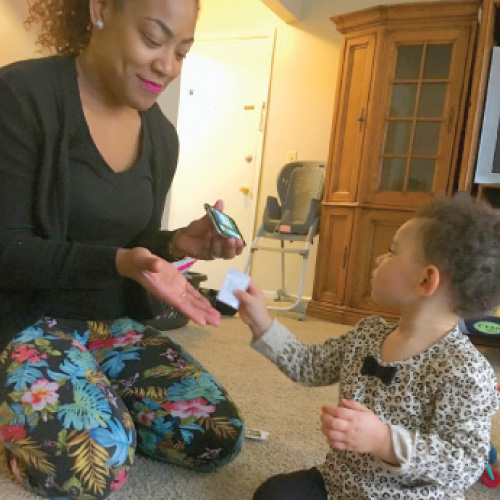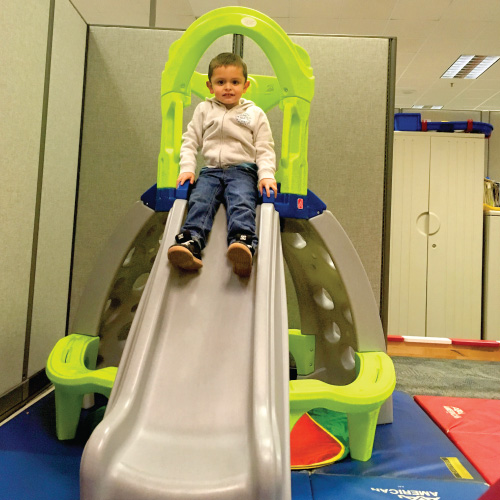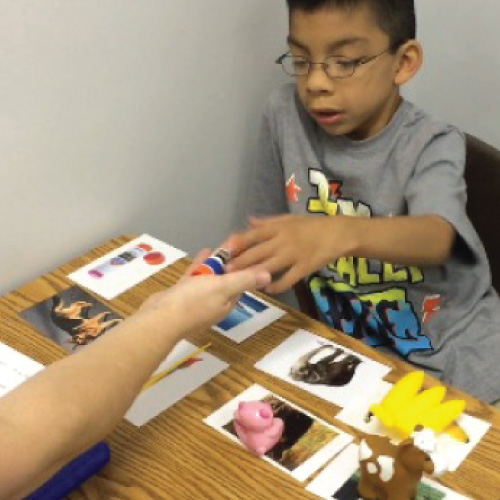Experienced HealthWest autism staff provide Applied Behavior Analysis (ABA) services for persons diagnosed with autism who demonstrate a clinical need for such services. ABA is used to increase functional communication, independent self-care, play behaviors and social skills, motor imitation, listening skills, and more. It is used to decrease behaviors which may get in the way of learning (spinning, hand flapping, etc.) or those which are disruptive or dangerous to self or others (yelling, aggression, self-injury, etc.) ABA helps children reach their full potential and can change the life of not only the child, but the family as well!
Two Levels of Autism Care
At HealthWest, we offer two levels of autism services. Both options include a level of Applied Behavior Analysis intervention determined through the person centered planning process and is informed by a comprehensive assessment process that includes parent/caregiver input, skill assessments (i.e., VB-MAPP, ABLLS-R, and AFLS), direct behavioral observation, and data collection to determine medical necessity. Parents and caregivers are important to the success of each child. Evidence shows that children will have better outcomes when there is a high level of parental involvement. We provide education and training that allows parents and caregivers to implement treatment at home.
Comprehensive Behavioral Intervention
Includes 16 to 25 hours, on average, per week of ABA services under the Autism Benefit. Comprehensive ABA refers to treatment of multiple affected developmental domains, such as cognitive, communicative, social, emotional, and adaptive functioning. Maladaptive behaviors, such as noncompliance, tantrums, and stereotypy are also typically a focus of comprehensive treatment. Although there are different types of comprehensive treatment, one example is early intensive behavioral intervention (EIBI).
Focused Behavioral Intervention
Includes 5-15 hours, on average, per week of ABA services under the Autism Benefit. Focused intervention is appropriate for individuals who (a) need treatment only for a limited number of key functional skills or (b) have such acute problem behavior that its treatment should be the priority.
To be eligible for the Autism Benefit, children must have a diagnosis of Autism Spectrum Disorder and meet medical necessity criteria, be age 12 months through age 20, and be eligible for Medicaid.
Contact us at 231-724-1152 to learn more.




